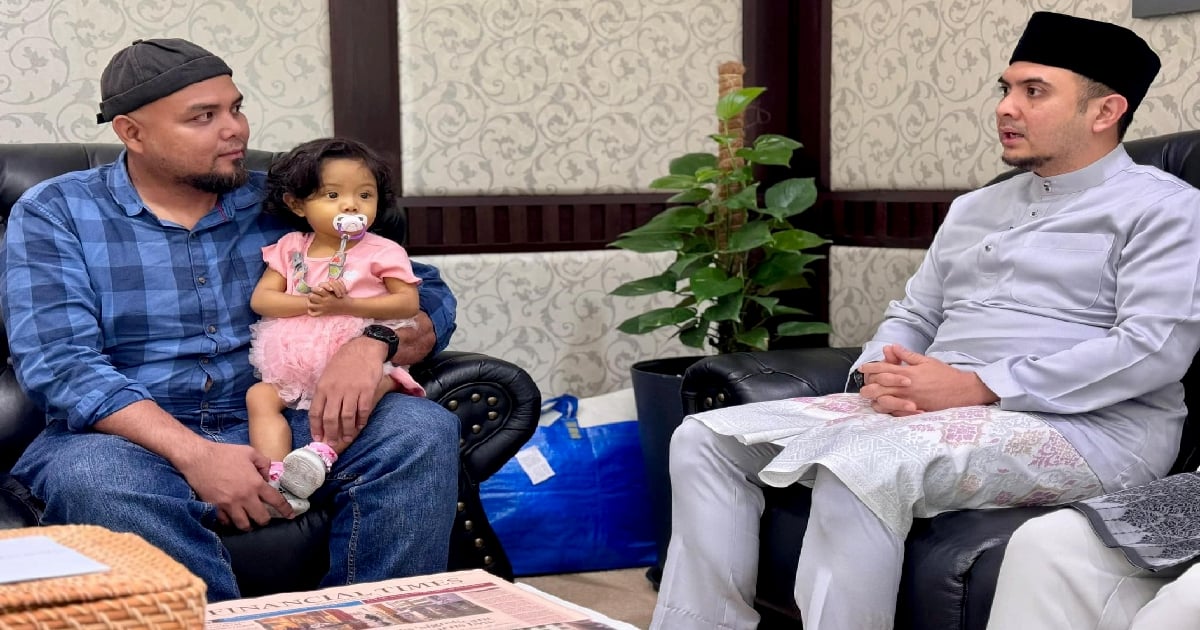AMSTERDAM: Sleep disorders are not new, but they have been amplified by the global pandemic that began just one year ago.
A recent survey, Philips’ Global Sleep Survey, revealed that 70% out of the 13,000 people surveyed across 13 countries had to deal with a new sleep challenge during the past year.
While it is advisable to consult a health professional in the event of persistent disorders, certain practices can give you a helping hand to benefit from restorative sleep every day.
You’re tired so you go to bed, but end up tossing and turning under your comforter without being able to get to sleep.
That’s a scenario that millions of people around the world are familiar with, and which can harm health and morale in the long run. And that’s just the falling-asleep part!
Restless nights, night wakings, even insomnia, are just as harmful, if not worse, for your body, your concentration, and even your quality of life.
Several tips, including some that may surprise you and many linked to common sense, can help us go to bed in the best conditions.
1. Strike out the stimulants

Experts from France’s National Institute of Sleep and Vigilance (INVS) recommend, first of all, to cut down on stimulants, namely coffee and certain soft drinks and energy drinks.
You may be saying, well, everybody knows that but it’s not as straightforward as it may seem considering that they recommend stopping them after 2pm, early in the day in fact.
In the same vein, while it’s recommended to have an evening meal, it is better to avoid overly fatty dishes and favour carbohydrates.
2. Give up some screen-time

Again, it seems like simple common sense, and yet it is difficult to turn off or put away the television, computer, tablet or smartphone that punctuate our workdays as well as our leisure time.
Here again, sleep experts are putting the kibosh on it!
It is recommended not to stay glued to the screens throughout the day and to alternate screen-time with physical and manual activities.
Another recommendation, and one that is not insignificant, is to turn off all screens between one and two hours before bedtime.
It’s important to note that experts advise “turning them off” and not just putting them on standby while looking for the least bright level that would still get your attention in the case of a message, phone call or news notification that would inevitably draw your attention.
3. Establish a balance

Some who have tried everything in vain and still can’t sleep turn to sophrology.
Intended to relax, to harmonise body and mind, and to chase away all the tensions and anxieties that can prevent you from sleeping, sophrology has been used by many practitioners to help individuals combat certain sleep disorders.
Many sleep experts also advise paying attention to the concept of circadian rhythms, focusing on the balance of rhythms over 24 hours through different exercises and activities like getting bright light at a certain time of day that invite change and awareness.
The idea is to get back to as natural a state of sleep as possible to the point of no longer thinking about it on a daily basis.
And could a specially designed object give you a helping hand to sleep better?
That’s the idea of a company that has created Morphée, a small round box, a disconnected device without waves or screen designed to help men and women enjoy a deep sleep.
The gadget operates in a simple, intuitive manner. There are several keys: the first one allows you to choose a relaxation technique, the second one the theme of a session, and the third one a duration.
Each of the proposed sessions (body, breathing, travel, etc.) has been concocted by sleep professionals supervised by the sophrologist Florence Binay.
Gimmick or genuine sleep aid?
The box, which is also accessible to children, has already won the hearts of tens of thousands of followers.







